Lung Cancer Mexico: Alternative Therapies
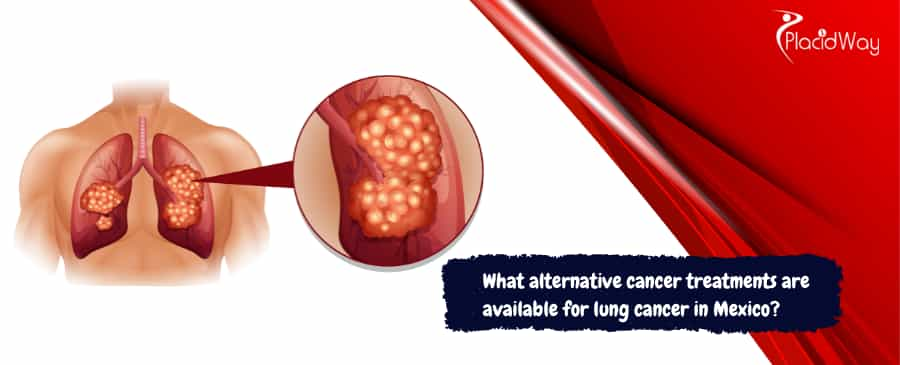
Seeking alternative cancer treatments for lung cancer can be a path many individuals explore, especially when conventional options have been exhausted or when a more holistic approach is desired. Mexico has emerged as a significant destination for such treatments, offering a variety of therapies often not widely available or approved in other countries. These clinics typically focus on integrative medicine, combining elements of conventional care with complementary and alternative therapies to address the disease and support overall well-being. This guide aims to answer common questions about alternative lung cancer treatments in Mexico, providing detailed, helpful information for those considering these options.
What are the most common alternative lung cancer treatments offered in Mexico?
"The most common alternative lung cancer treatments offered in Mexico include immunotherapy (such as dendritic cell therapy and NK cell therapy), hyperthermia, metabolic therapy, high-dose intravenous (IV) vitamins (like Vitamin C), and regenerative medicine (such as stem cell therapy)."
Mexico's clinics specialize in a range of therapies that diverge from standard oncology protocols. Immunotherapy is a prominent offering, with treatments like dendritic cell therapy aiming to reprogram the body's immune system to identify and attack cancer cells, and Natural Killer (NK) cell therapy which leverages a type of white blood cell for direct tumor targeting. Hyperthermia, which involves exposing the body or specific tumors to high temperatures, is believed by some to weaken cancer cells and make them more susceptible to other treatments. Metabolic therapy focuses on altering the body's internal environment to inhibit cancer growth, often through specialized diets, detoxification, and nutritional supplements. Additionally, high-dose intravenous (IV) vitamins, particularly Vitamin C, are frequently administered, as some believe they can exert anti-cancer effects and improve overall health. Regenerative medicine, including stem cell therapy, is also utilized to help repair damaged tissues and enhance the body's natural healing processes, often alongside other treatments. These diverse approaches aim to offer patients a broader spectrum of choices for their lung cancer journey.
Is immunotherapy for lung cancer in Mexico different from conventional immunotherapy?
"Yes, immunotherapy for lung cancer in Mexico often includes experimental approaches, such as dendritic cell therapy and NK cell therapy, which may not be FDA-approved or widely available in countries like the U.S. compared to conventional immunotherapies like checkpoint inhibitors."
While conventional immunotherapy, such as PD-1/PD-L1 inhibitors, is a standard treatment for lung cancer globally, clinics in Mexico may offer a wider array of immunotherapies that are still considered experimental or have not received regulatory approval in other regions. Dendritic cell therapy, for instance, involves taking a patient's own dendritic cells, exposing them to tumor markers, and then reintroducing them to stimulate a targeted immune response against the cancer. Natural Killer (NK) cell therapy involves enhancing or infusing NK cells to directly destroy cancer cells. These treatments are often part of a more comprehensive, personalized protocol designed to boost the patient's natural defenses against the disease, often with a focus on minimizing the side effects associated with traditional treatments.
What is metabolic therapy for lung cancer and how does it work?
"Metabolic therapy for lung cancer focuses on disrupting the cancer cells' metabolism, often through specific diets, detoxification protocols, and targeted nutritional supplements, to slow or stop tumor growth."
Metabolic therapy operates on the principle that cancer cells have altered metabolic pathways, making them vulnerable to specific dietary and nutritional interventions. The aim is to create an internal environment that is less hospitable for cancer cell proliferation while supporting the health of normal cells. This can involve strict organic diets, such as the Gerson Therapy, which emphasizes large quantities of organic juices, specific nutritional supplements, and detoxification procedures like coffee enemas. The goal is to correct perceived nutritional deficiencies, reduce toxicity, and enhance the body's natural healing mechanisms. Proponents believe that by altering the cellular environment, particularly through managing glucose and oxygen levels, cancer cell growth can be hindered.
Can high-dose Vitamin C IV therapy help with lung cancer?
"High-dose Vitamin C IV therapy is administered as an alternative treatment for lung cancer in Mexico, with proponents suggesting it can have selective cytotoxic effects on cancer cells and improve overall patient well-being, though scientific evidence is still evolving."
High-dose intravenous Vitamin C therapy is a common alternative treatment offered in Mexico for various cancers, including lung cancer. The theory behind its use is that at very high concentrations, Vitamin C can act as a pro-oxidant, generating hydrogen peroxide that selectively damages and kills cancer cells, while healthy cells remain unaffected due to their ability to neutralize hydrogen peroxide. Beyond its potential direct anti-cancer effects, high-dose Vitamin C is also believed to boost the immune system, reduce inflammation, improve quality of life, and alleviate side effects from conventional treatments. It is typically administered as part of a broader integrative treatment plan, not as a standalone cure.
What is hyperthermia therapy for lung cancer and is it safe?
"Hyperthermia therapy for lung cancer involves heating the tumor area or the entire body to high temperatures to weaken or destroy cancer cells, and w
Hyperthermia therapy uses heat to damage and kill cancer cells, potentially making them more sensitive to radiation and chemotherapy. In the context of lung cancer, localized hyperthermia might target specific tumor sites, while whole-body hyperthermia aims to raise the body's core temperature. The principle is that cancer cells are more vulnerable to heat than healthy cells. When cancer cells are heated, their proteins and structures can be damaged, leading to cell death. While it is often used as a complementary therapy alongside other treatments, the safety and efficacy depend heavily on the specific technique, the equipment used, and the expertise of the medical team. Common side effects, if any, are usually mild and temporary, such as discomfort, skin burns in the treated area, or fatigue.
Are stem cell therapies offered for lung cancer in Mexico?
"Yes, stem cell therapies are offered in Mexico for lung cancer, primarily as a regenerative medicine approach to support tissue repair, modulate the immune system, and enhance the body's healing capacity, rather than as a direct cancer-killing treatment."
In Mexico, stem cell therapy for lung cancer falls under the umbrella of regenerative medicine. The focus is typically on using the patient's own (autologous) stem cells, often mesenchymal stem cells (MSCs) derived from bone marrow or adipose tissue, to help regenerate damaged lung tissue, reduce inflammation, and improve overall immune function. It's important to understand that these therapies are generally not presented as a direct cure for lung cancer, but rather as a supportive treatment aimed at improving the patient's overall health, mitigating treatment side effects, and enhancing the body's natural ability to recover. Clinics often combine stem cell therapy with other alternative treatments to provide a comprehensive approach to patient care.
What is the cost of alternative lung cancer treatments in Mexico?
"The cost of alternative lung cancer treatments in Mexico can vary widely, typically ranging from $15,000 to $60,000 USD or more for comprehensive packages, depending on the specific therapies included, duration of treatment, and the clinic."
The cost of alternative lung cancer treatments in Mexico is highly variable due to the personalized nature of the protocols and the array of therapies available. Factors influencing the cost include the specific types of immunotherapy, metabolic therapies, IV vitamin treatments, hyperthermia sessions, and stem cell therapies chosen, as well as the length of the treatment program. Many clinics offer comprehensive packages that might cover multiple therapies, consultations, diagnostics, and even accommodation. Patients should expect to pay out-of-pocket, as most alternative cancer treatments in Mexico are not covered by standard health insurance plans from other countries. It is crucial to get a detailed breakdown of all costs upfront from any clinic.
How long do alternative lung cancer treatment programs in Mexico typically last?
"Alternative lung cancer treatment programs in Mexico typically last from 2 to 4 weeks for the initial intensive phase, with some comprehensive programs extending for 3 to 6 weeks, often followed by at-home supportive therapies."
The duration of alternative lung cancer treatment programs in Mexico is tailored to individual patient needs and the complexity of their lung cancer. An initial intensive phase usually spans two to four weeks, during which patients receive daily treatments and close monitoring. For more advanced cases or those requiring a broader range of therapies, programs might extend up to six weeks. Many clinics also provide patients with at-home protocols and follow-up plans, including remote consultations and supplies for supportive therapies, to continue their healing journey after returning home.
What should I consider before choosing an alternative lung cancer clinic in Mexico?
"Before choosing an alternative lung cancer clinic in Mexico, it's crucial to consider the clinic's accreditation and experience, the scientific basis and transparency of their alternative treatments, patient testimonials, the total cost, and the comprehensive nature of their integrative care."
When exploring alternative lung cancer treatment options in Mexico, careful consideration is essential. First, research the clinic's background, medical team's qualifications, and any international accreditations. While many therapies may be considered "alternative," reputable clinics should still adhere to high standards of medical care and safety. Ask for detailed information on the specific alternative treatments offered, their purported mechanisms of action, and any supporting research or patient outcomes they can provide. Transparency regarding treatment plans, costs, and potential side effects is paramount. Reading patient testimonials and, if possible, speaking with former patients can offer valuable insights. Finally, assess if the clinic offers a truly integrative approach that considers the whole person, including nutritional, emotional, and spiritual support, alongside their medical protocols for lung cancer.
Are alternative lung cancer treatments in Mexico covered by insurance?
"Generally, alternative lung cancer treatments in Mexico are not covered by conventional health insurance plans from countries like the U.S. or Canada, meaning patients typically pay out-of-pocket for these therapies."
The vast majority of alternative cancer treatments offered in Mexico are not recognized as standard care by major health insurance providers in the U.S., Canada, or Europe. This means that patients considering these options should be prepared to cover the costs themselves. While some clinics might offer payment plans or financing options, it is rare for insurance to provide reimbursement for these therapies. It is always advisable to thoroughly review your insurance policy and communicate directly with your insurance provider to understand any potential coverage limitations before committing to alternative lung cancer treatment in Mexico.
What is the difference between alternative and integrative cancer treatment for lung cancer?
"Alternative cancer treatment for lung cancer refers to therapies used instead of conventional medical treatments, whereas integrative cancer treatment for lung cancer involves using complementary therapies alongside conventional treatments to support well-being and potentially improve outcomes."
The terms "alternative" and "integrative" are often used interchangeably, but there's a key distinction. Alternative cancer treatments are typically sought as a primary or sole approach, replacing standard conventional therapies like chemotherapy, radiation, or surgery for lung cancer. These treatments may have limited scientific evidence supporting their efficacy as standalone cures. In contrast, integrative cancer treatment for lung cancer emphasizes a holistic approach where complementary therapies (such as acupuncture, nutrition, mind-body practices, and certain IV therapies) are used in conjunction with conventional medical treatments. The goal of integrative care is to manage symptoms, reduce side effects, improve quality of life, and enhance the patient's overall resilience during and after conventional treatment, while recognizing the value of scientifically proven medical interventions. Many clinics in Mexico promote an integrative approach, aiming to combine the best of both worlds.
Do clinics in Mexico offer follow-up care for lung cancer patients after alternative treatment?
"Many alternative lung cancer treatment clinics in Mexico offer some form of follow-up care, often including at-home supportive therapies, remote consultations, and guidance on continued wellness, although the extent of this care varies by clinic."
Reputable clinics providing alternative lung cancer treatments in Mexico understand the importance of continuity of care. While the intensive phase of treatment is typically conducted onsite, many will provide patients with detailed instructions for at-home supportive therapies, such as specific dietary plans, supplements, or lifestyle recommendations. Remote consultations via phone or video calls are also common, allowing patients to stay in touch with their medical team for guidance and to report on their progress. The aim is to support the patient's long-term health and well-being after they return home. It is crucial to clarify the specifics of follow-up care arrangements before starting any treatment program.
Are there any specific dietary recommendations for lung cancer patients undergoing alternative treatment in Mexico?
"Yes, alternative lung cancer treatment protocols in Mexico often include specific dietary recommendations, emphasizing organic, plant-based diets, detoxification protocols, and specialized nutritional plans to support the body's natural healing and alter the cellular environment."
Diet plays a significant role in many alternative and integrative cancer treatment philosophies in Mexico, particularly within metabolic therapy approaches. Common dietary recommendations for lung cancer patients often involve a shift towards organic, whole-food, plant-based diets rich in fruits, vegetables, and whole grains, while limiting or eliminating processed foods, refined sugars, and animal products. Specific diets like the Gerson Therapy are sometimes utilized, which are very restrictive and focus on high intake of fresh juices and detoxification. The underlying belief is that nutrition can influence the body's internal environment, making it less conducive to cancer growth and supporting immune function. These dietary changes are typically designed to complement other therapies and support overall wellness for individuals with lung cancer.
What is the success rate of alternative lung cancer treatments in Mexico?
"The success rates of alternative lung cancer treatments in Mexico are difficult to quantify definitively as clinical data and rigorous, peer-reviewed studies are ofte
While many individuals seek alternative lung cancer treatments in Mexico with hopes of improved outcomes, it is challenging to provide universally accepted success rates. Clinics often present anecdotal evidence or internal statistics, but these may not meet the same rigorous standards of randomized controlled trials typically used to evaluate conventional therapies. The effectiveness of alternative treatments can vary greatly depending on the individual patient, the stage and type of their lung cancer, their overall health, and the specific combination of therapies received. Patients should approach claims of success with a discerning eye and focus on clinics that prioritize patient safety, transparent reporting, and realistic expectations regarding potential benefits.
How do alternative treatments for lung cancer in Mexico aim to improve quality of life?
"Alternative treatments for lung cancer in Mexico aim to improve quality of life by focusing on reducing treatment side effects, managing symptoms, boosting overall well-being, and providing emotional and spiritual support."
Beyond directly targeting cancer cells, a significant focus of alternative and integrative cancer treatments in Mexico for lung cancer is to enhance the patient's quality of life. This is achieved through various means: using less aggressive, non-toxic, or low-toxicity therapies to minimize the harsh side effects often associated with conventional treatments; incorporating symptom management techniques like acupuncture, massage, and nutritional support to alleviate pain, fatigue, and nausea; and emphasizing holistic well-being through practices like meditation, counseling, and spiritual support. The goal is to not only address the physical aspects of the disease but also to nurture the patient's mental, emotional, and spiritual health, enabling them to live more comfortably and with greater resilience during their lung cancer journey.
Can alternative treatments in Mexico be combined with conventional lung cancer therapies?
"Many clinics in Mexico that offer alternative cancer treatments for lung cancer often promote an integrative approach, meaning they can be combined with conventional therapies to provide comprehensive care and support."
The distinction between "alternative" and "integrative" is important here. While some alternative treatments are offered as standalone options, many reputable clinics in Mexico advocate for an integrative approach for lung cancer. This means their therapies are designed to complement and work synergistically with conventional treatments like chemotherapy, radiation, targeted therapy, or surgery, rather than replacing them entirely. The aim is to enhance the effectiveness of conventional treatments, reduce their side effects, and improve the patient's overall health and ability to withstand aggressive therapies. Patients considering this path should ensure open communication between all their healthcare providers, both in Mexico and their home country, to ensure a coordinated and safe lung cancer treatment plan.
PlacidWay is here to help you navigate your healthcare journey and explore various treatment options, including those for lung cancer.


.png)
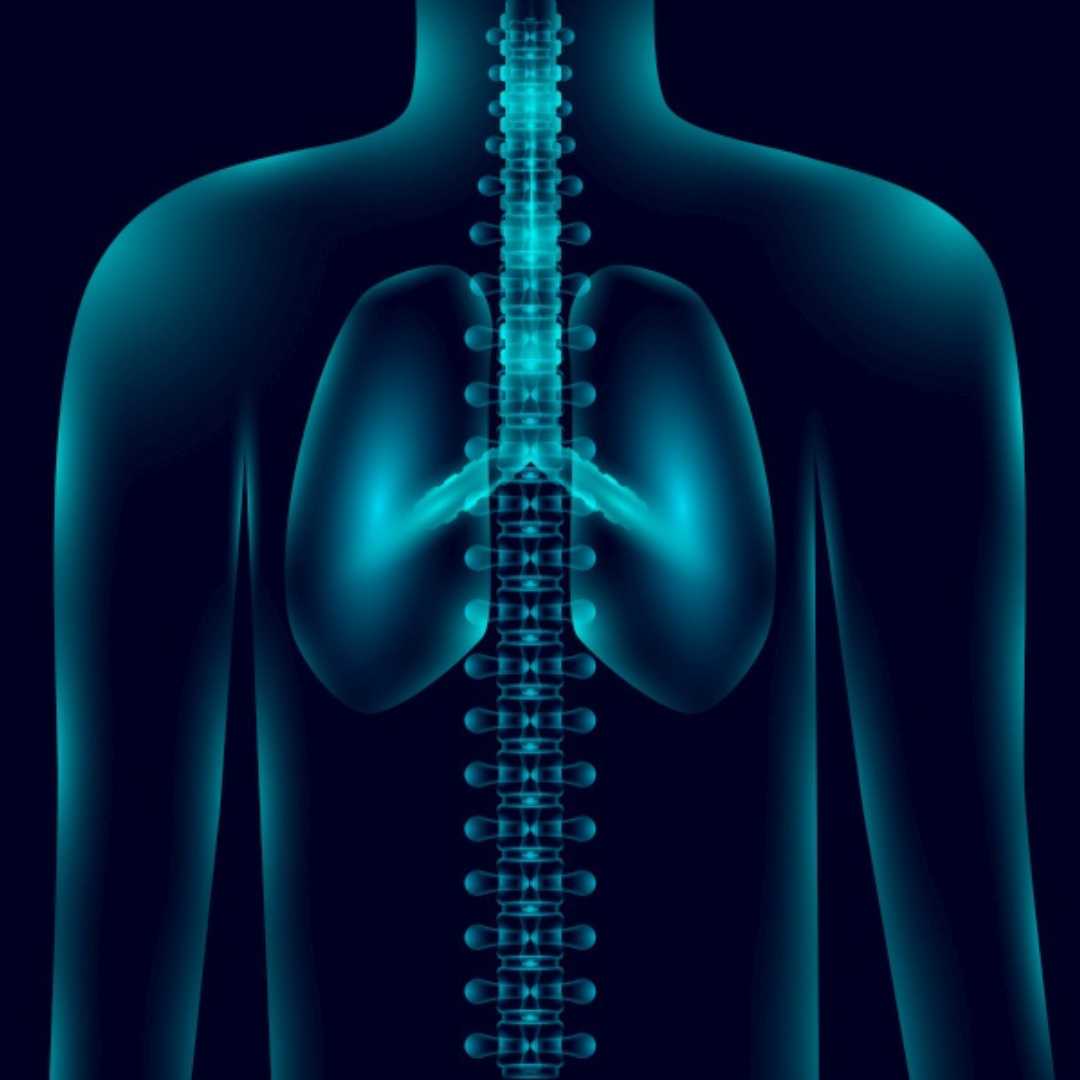


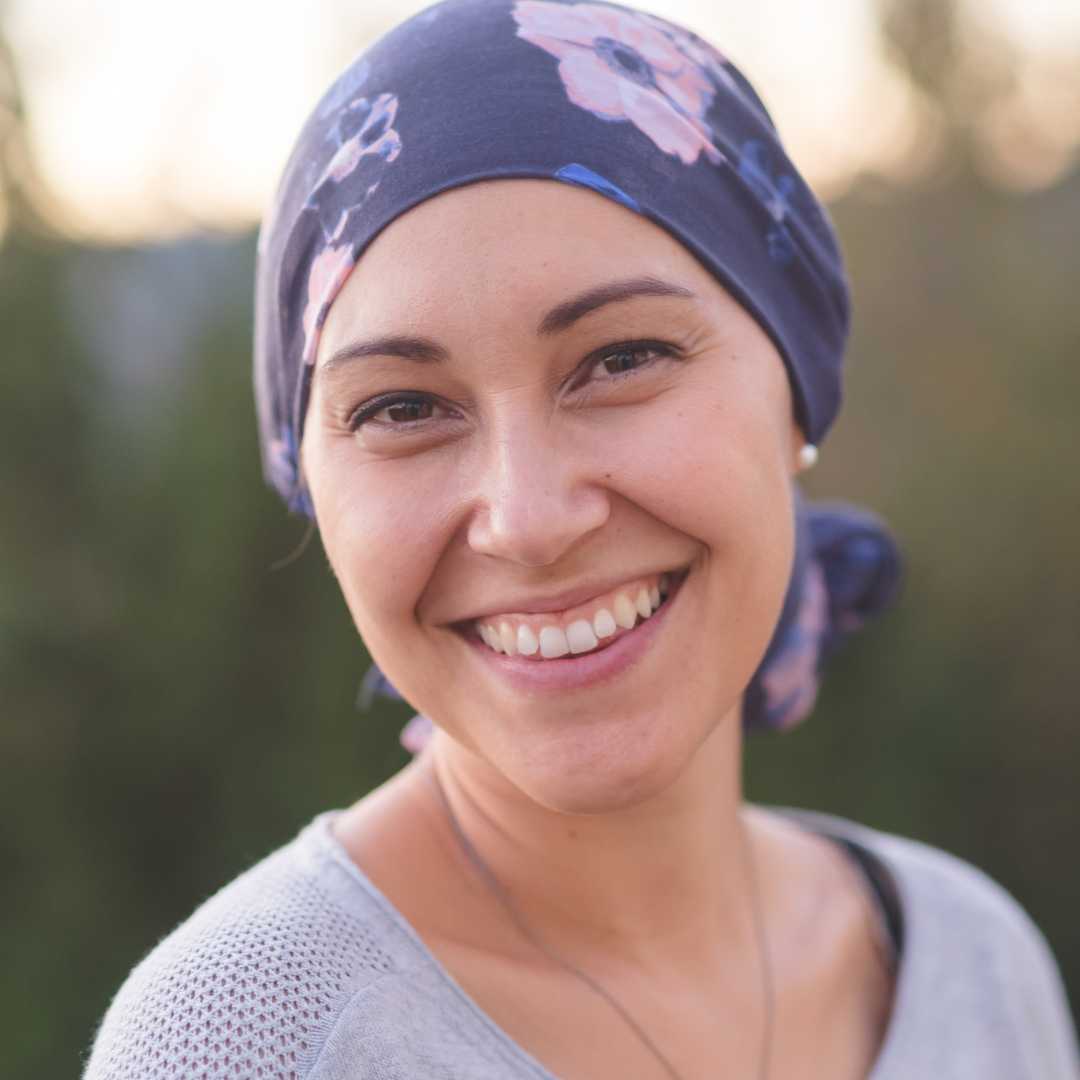
.png)
.png)
.png)
.png)
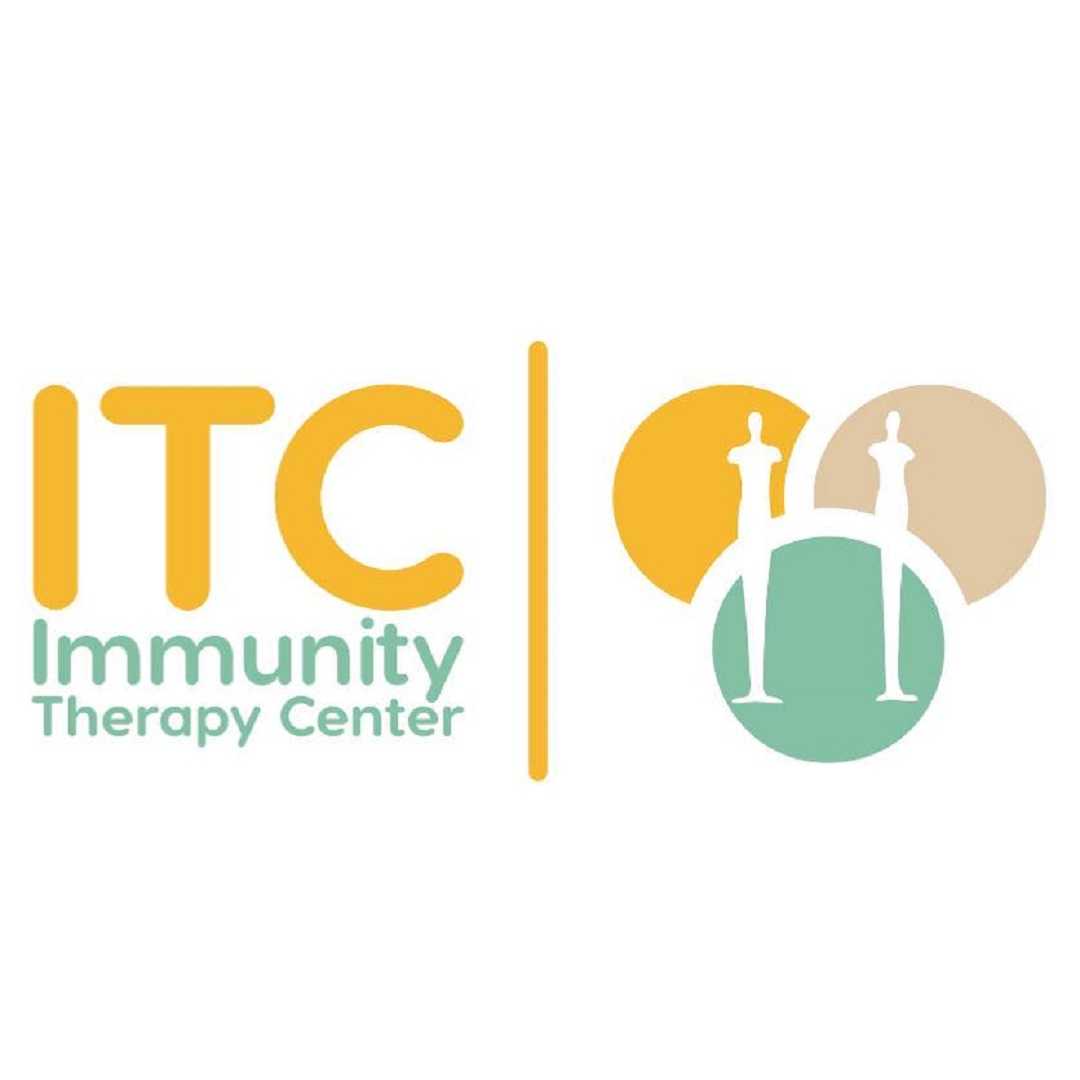
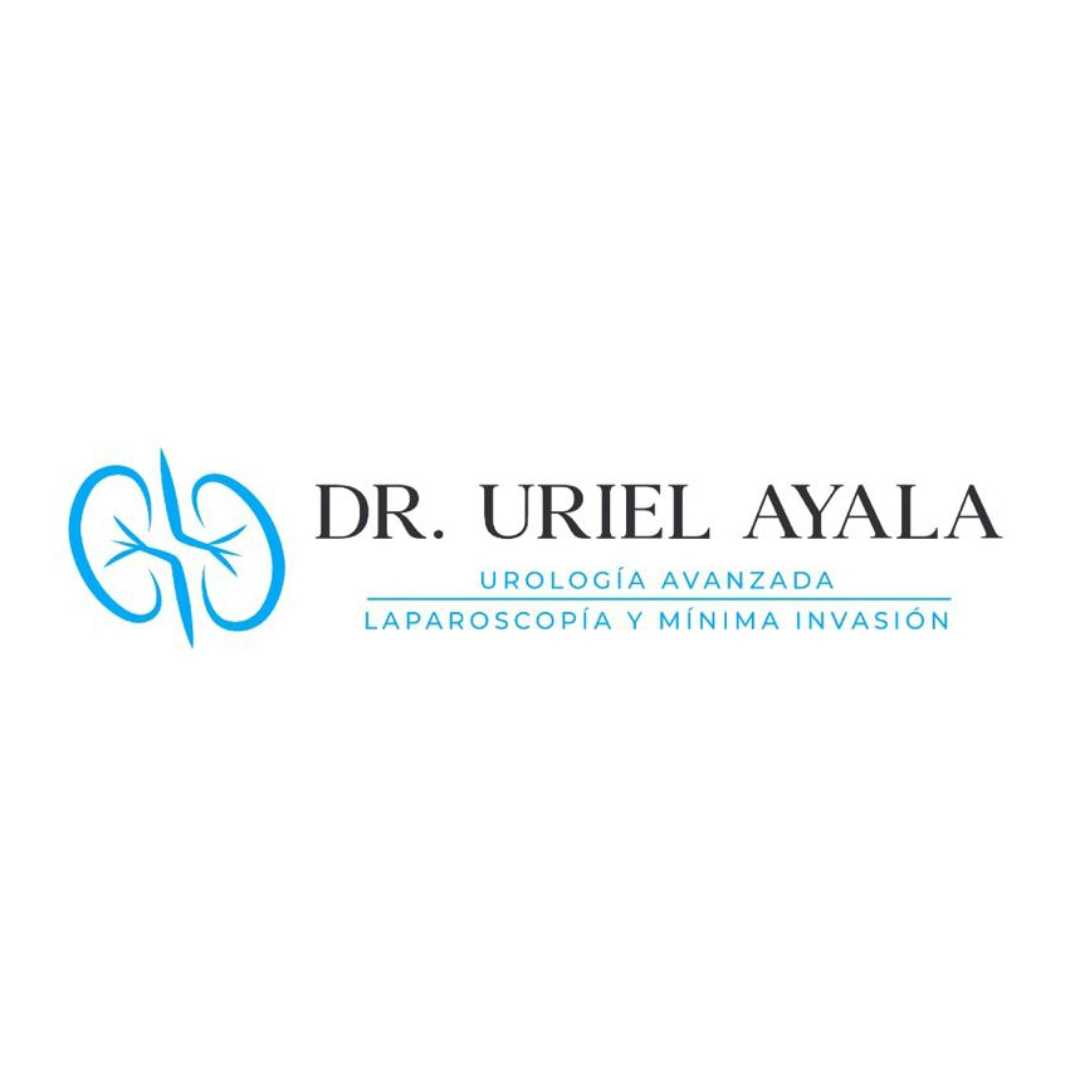
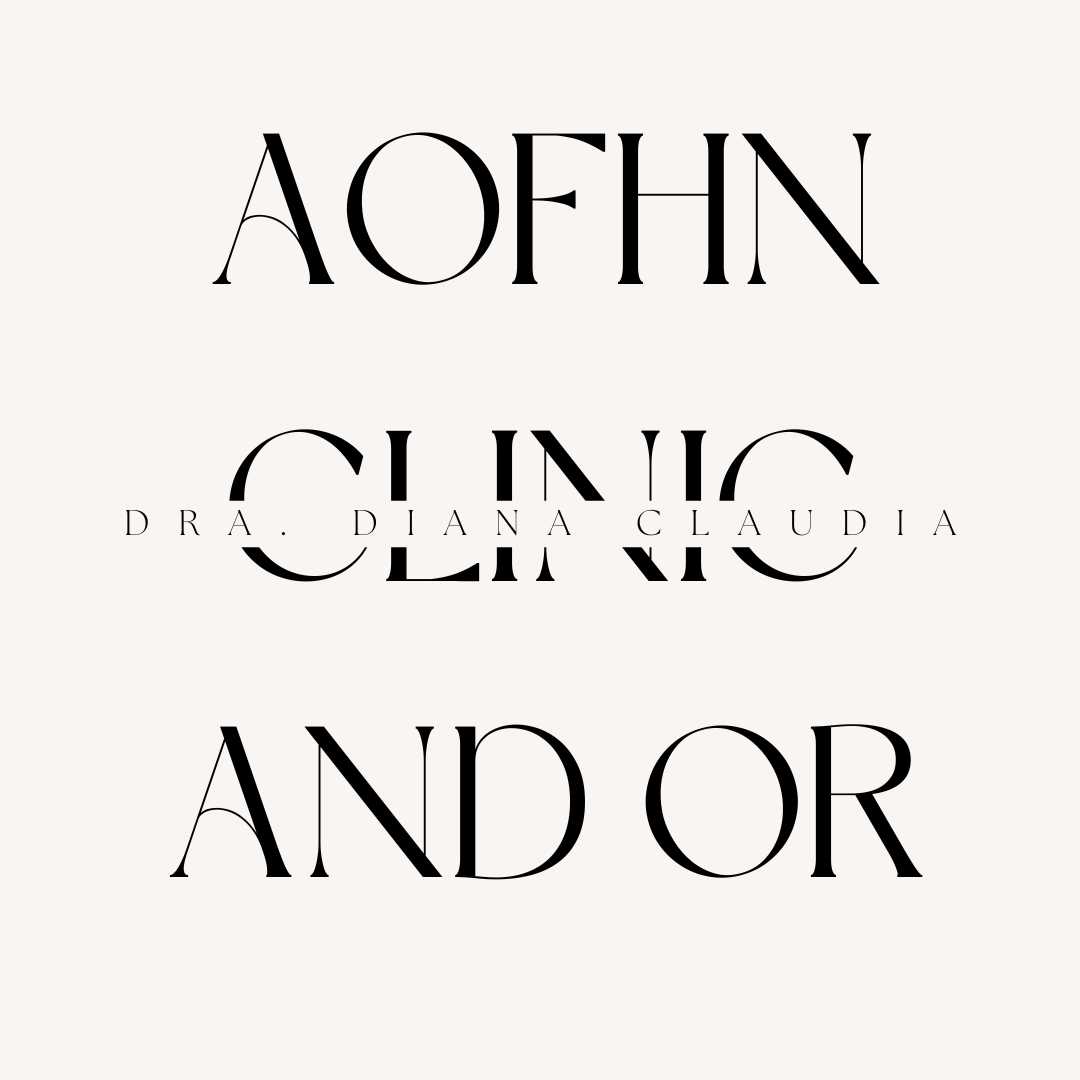
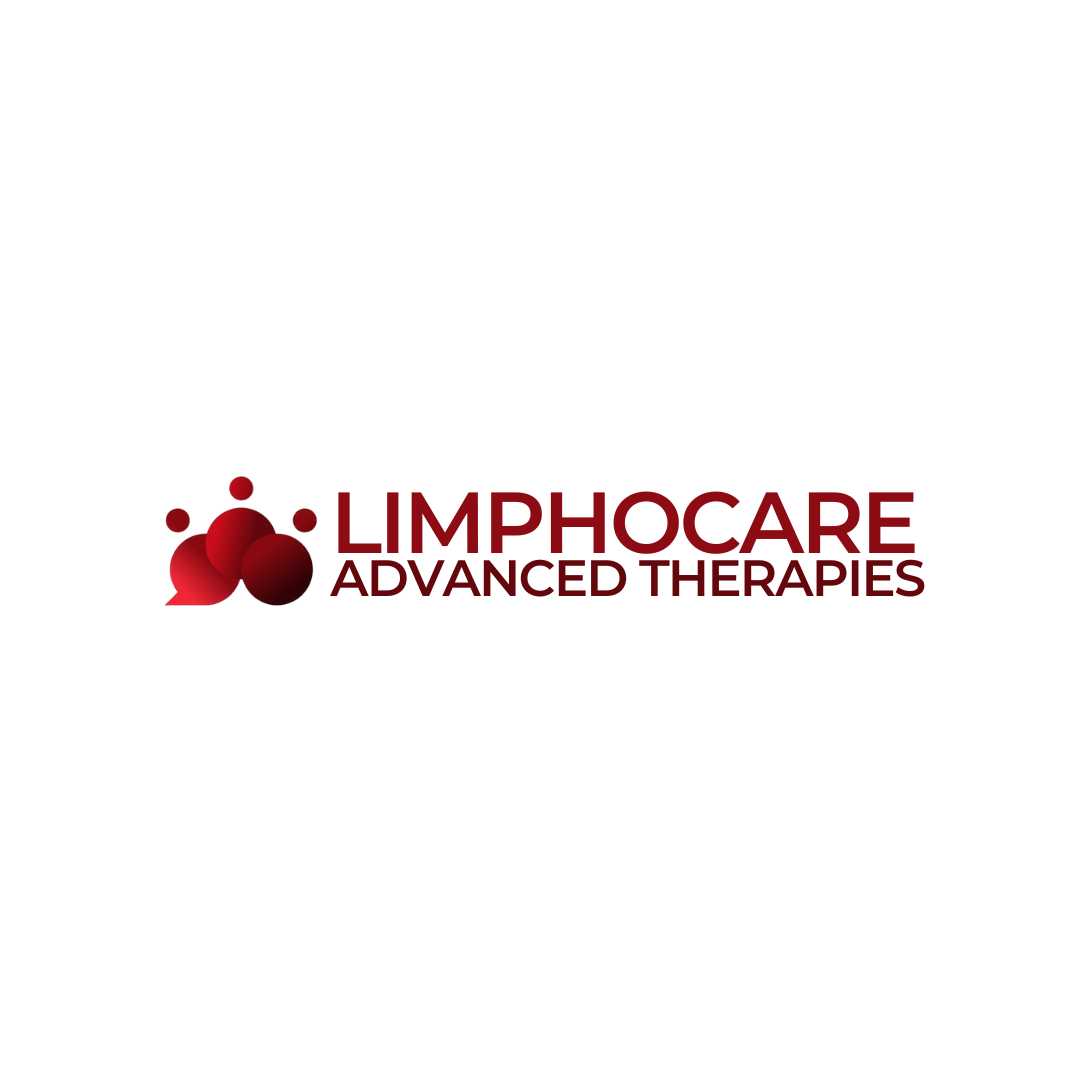
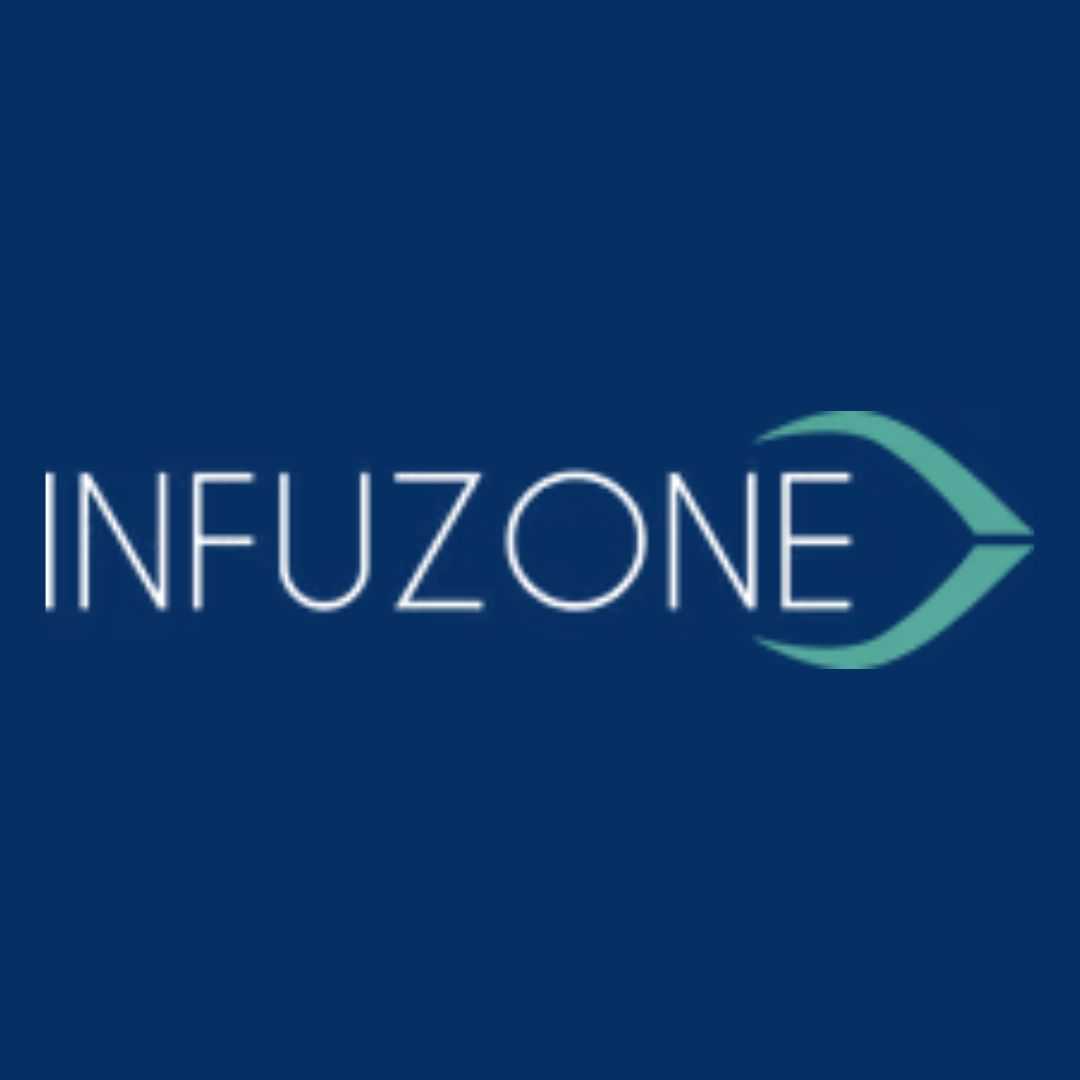

Share this listing